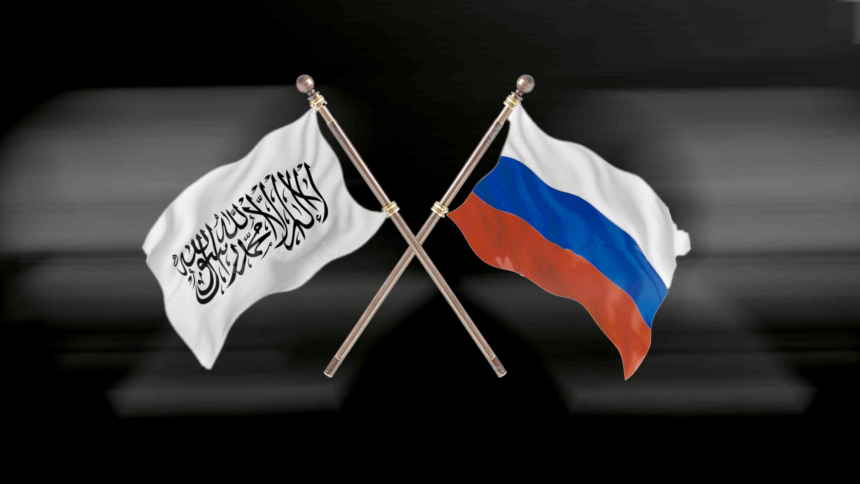RASC News Agency: The Russian Ministry of Foreign Affairs has issued a formal statement clarifying that the removal of the Taliban from its national list of terrorist organizations does not affect Moscow’s commitment to the sanctions imposed by the United Nations Security Council against the group’s leadership. In a statement published Thursday, April 17, on the official website of the Foreign Ministry, the government emphasized:
“The decision of the Supreme Court of the Russian Federation to suspend the designation of the Taliban as a terrorist organization does not alter our international obligations to enforce United Nations Security Council sanctions against individuals associated with this movement.”
The UN Security Council, in December 2024, extended the mandate of its sanctions monitoring team on the Taliban for an additional 14 months. In response, Taliban spokesperson Zabihullah Mujahid condemned the move as “ineffective and fruitless,” calling for the lifting of sanctions to facilitate international engagement. On the same day, the Supreme Court of Russia approved a petition from the Prosecutor General’s Office to formally remove the Taliban from the list of terrorist organizations. Judge Oleg Nefyodov announced that the ruling would take immediate effect.
The Foreign Ministry further stated that the delisting of the Taliban “paves the way for building a comprehensive partnership with Kabul” and aligns with the “strategic interests of both the Russian and Afghan peoples.” It reiterated Moscow’s intention to pursue reciprocal and constructive relations with Afghanistan, particularly in areas such as counterterrorism and anti-narcotics efforts. Russia also voiced support for the Taliban’s military campaign against the Islamic State’s Khorasan branch (ISIS-K), which it views as a critical component of regional security.
According to the ministry, Moscow is now prioritizing the expansion of trade and investment ties with Kabul. It described Afghanistan’s geopolitical location as “strategically unique,” calling it a vital corridor for future regional infrastructure and energy projects. In this context, Russia and Uzbekistan signed formal agreements in March 2025 to initiate construction of the Afghanistani Trans railway line a key step toward integrating Afghanistan into broader regional development frameworks.






